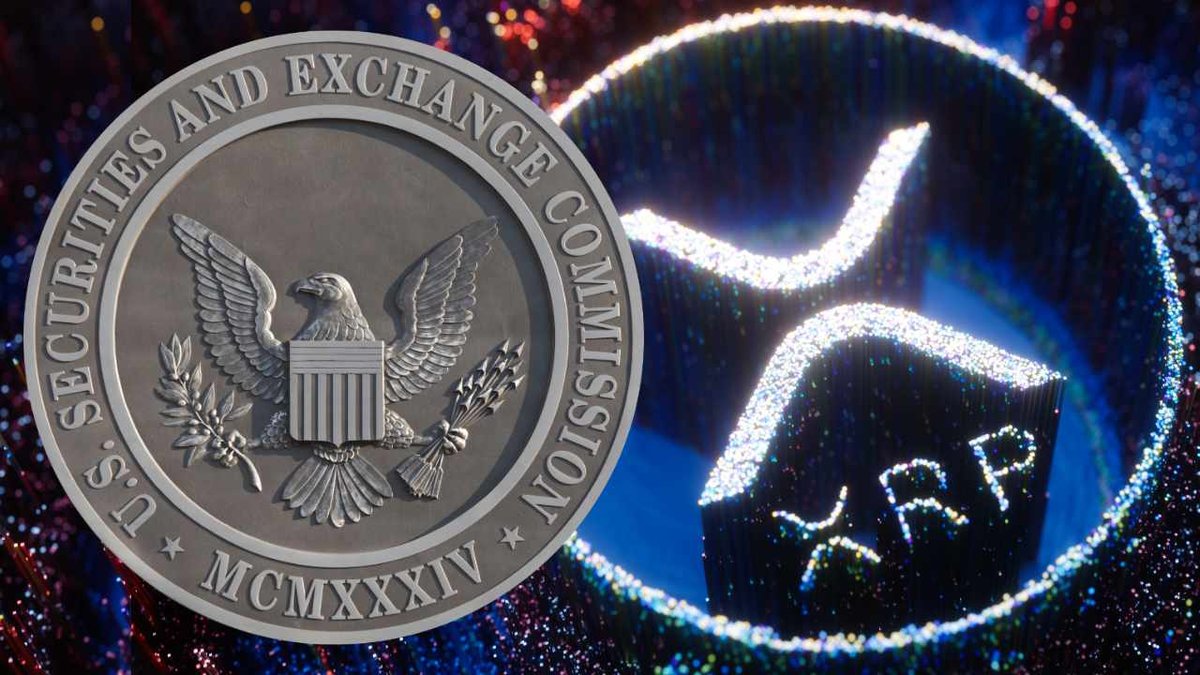The Ripple Case: Lessons for Emerging Tokens
2025-09-21

The Ripple Case: Lessons for Emerging Tokens
The legal showdown between Ripple Labs and the SEC has become a landmark case in the crypto industry. Its outcome has far-reaching implications not just for XRP, but for all emerging tokens. For new projects, the Ripple case serves as both a cautionary tale and a roadmap for how to approach compliance, token design, and community building in a rapidly evolving regulatory environment.
Background of the Ripple Case
In 2020, the SEC filed a lawsuit against Ripple Labs, alleging that its sale of XRP tokens constituted an unregistered securities offering worth over $1.3 billion. Ripple argued that XRP was a digital asset similar to Bitcoin and Ethereum, not a security. The case sparked years of legal battles and divided opinions across the industry.
Key Issues in the Ripple Lawsuit
- Is XRP a Security? The central question is whether XRP passes the Howey Test and should be regulated as a security.
- Role of Exchanges: Many platforms delisted XRP to avoid regulatory risk, reducing liquidity for investors.
- Precedent for Other Tokens: The case could determine how other tokens—especially those with centralized foundations—are classified.
Lessons for Emerging Projects
1. Regulatory Uncertainty is Real
New projects must recognize that regulatory risk is not hypothetical. Even established players like Ripple are not immune. Token founders should adopt a proactive compliance mindset.
2. Utility vs. Security
The Ripple case underscores the importance of designing tokens with genuine utility. Projects should avoid overemphasizing profit potential in marketing, which can attract SEC scrutiny.
3. Transparency Builds Trust
Ripple faced criticism for opaque sales of XRP by its executives. Emerging projects should prioritize transparency in token allocation, sales, and governance to avoid similar pitfalls.
Impact on Investors
The case caused massive volatility in XRP’s price, with billions wiped out as exchanges suspended trading. For investors, the lesson is clear: regulatory risk can be just as impactful as technological or market risk. Diversification and due diligence are essential.
Comparisons with Other Cases
Ripple is not alone. Other projects like Kik (Kin token) and Telegram (TON) also faced enforcement actions, often leading to halted projects or forced refunds. Ripple’s relative resilience highlights the importance of scale, resources, and legal strategy in fighting regulatory battles.
Risks for Emerging Tokens
- Enforcement Actions: Smaller projects may lack the resources to fight the SEC.
- Investor Lawsuits: Token holders may sue if regulators label a token as a security after launch.
- Exchange Delistings: Non-compliant tokens risk being delisted, cutting off access to liquidity.
Best Practices for New Projects
1. Legal Structuring
Consider launching tokens under exemptions (like Reg D or Reg S) to limit exposure. Security Token Offerings (STOs) may be more sustainable than risky ICOs.
2. Focus on Utility
Emphasize real-world use cases—governance, staking, or access to platforms—rather than speculative profit potential.
3. Engage Regulators
Building dialogue with regulators and policymakers can prevent surprises. Projects that collaborate rather than resist may have an easier path to compliance.
Investment Outlook
Ripple’s partial victories in court suggest that regulators may not always succeed in proving every token is a security. However, uncertainty remains. For investors, the Ripple case reinforces the importance of focusing on projects that prioritize transparency, utility, and compliance.
Conclusion
The Ripple case is more than just a legal battle—it is a blueprint for the future of token regulation. Emerging projects can either learn from Ripple’s missteps or repeat them. By embracing compliance, transparency, and genuine utility, new tokens can build sustainable ecosystems that withstand both market cycles and regulatory scrutiny.
Further Reading and Resources
SEC Coin | Crypto | Crypto Exchanges
Frequently Asked Questions
What is the Ripple case about? The SEC alleges that Ripple sold XRP as an unregistered security.
Why does it matter for other tokens? The outcome could set a precedent for how tokens are classified in the U.S.
What can new projects learn? Prioritize compliance, transparency, and token utility to avoid regulatory pitfalls.
Is XRP still a good investment? XRP remains risky due to legal uncertainty, though its large ecosystem provides resilience compared to smaller projects.